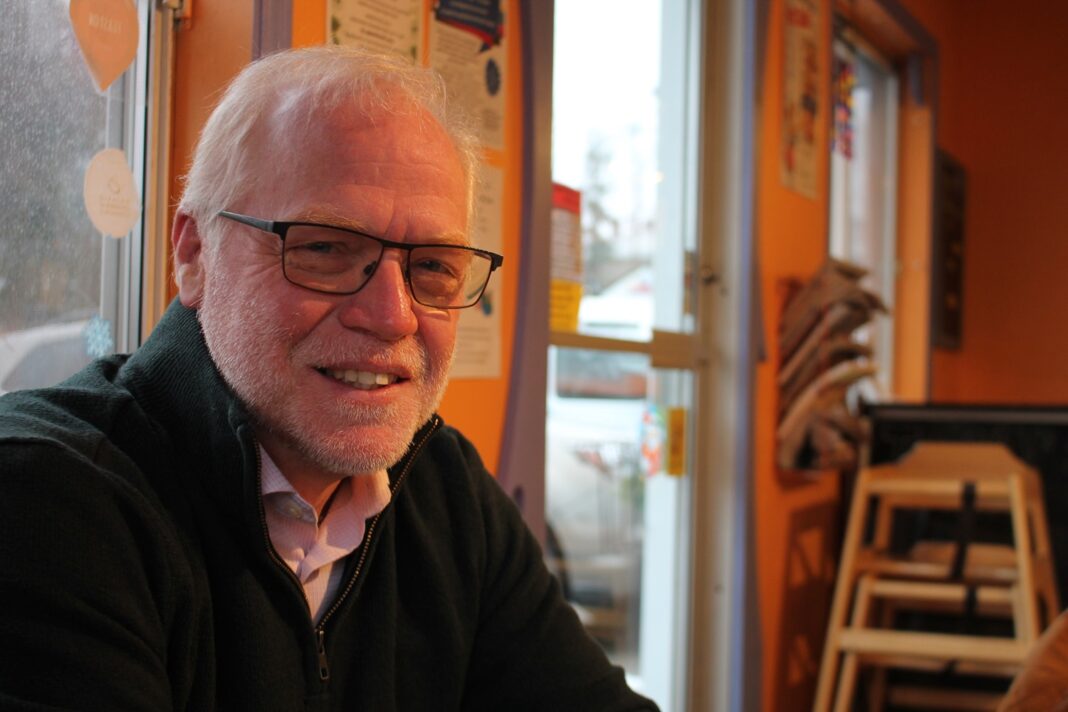The work of determining County council’s priorities for the next five years is underway, with plans to ask residents what they want their municipal government to focus on between 2025 and 2030.
Councillors decided to scrap hiring a consultant to develop a strategic plan, and instead have County staff direct the process. A working group has been struck and CAO Gary Dyke, during an Aug. 28 council meeting, got the green light for the approach, timeline and general principles they would like to follow.
He noted the County does not have a strategic plan, although they have been talking about the need for one since 2022.
“Strategic plans are an excellent tool to guide staff and council, and inform the public about the direction of the municipality…,” Dyke said. “These plans consist of clear objectives, strategic actions and desired outcomes.”
As part of the plan, he said staff would assess the current state of the County, including strengths, weaknesses, opportunities, and challenges. They’ll talk to residents, business owners, community organizations, councillors across the Highlands and municipal staff.
After all the talking, they will come up with a clear vision for the County with “specific, measurable, achievable, relevant and timebound goal objectives,” Dyke said. He added they will build accountability.
They plan to talk to the community from about Sept. 23 on, via a digital public survey, and virtual or in-person meetings. They hope to bring the final plan to council next May. The budget is approximately $50,000.
Councillors weigh in
Warden Liz Danielsen said while the staff report was “excellent… I have to completely disagree with us going in this direction. I think this is an additional burden on staff.
They’ve all got full-time jobs and this has added to their jobs substantially.”
She added, “I think this is a process that needs, to some extent, to be done by independent bodies. In particular, I have concerns about the consultation portion of the process. I think sometimes it’s better to have an independent person doing the consultation as opposed to staffers talking to people in the public or organizations who already have preconceived notions about what the County should, or shouldn’t be doing.”
Coun. Lisa Schell agreed it is extra work for staff but said she did not think a consultant “would have been as detailed, as well thought-out and these people know us.”
Coun. Walt McKechnie has never been a fan of consultants, other than when “needed in areas we are not experts at. I think we’re the experts here. A consultant is going to spend most of his time talking to you and the rest of our council and the rest of our staff.”
Dyke said they are making work plan adjustments to accommodate the strategic plan.
Coun. Bob Carter questioned the scope of the work, including just one month for public consultation. He added “we need to hear from the public as to where we’re going. Do we have a desire that Haliburton County should grow to 25,000 people at some point, or try to grow to 50,000. Some rural communities have grown from 12,000 to 17,000 in a couple of years. Do we want that type of growth or do we want something different? Should we go out and get factories? What is it we want to do?” He believes the strategic plan should be integral to the vision.
Coun. Murray Fearrey added, “a lot of people would like to see tremendous growth, but we can’t keep up with the infrastructure. Who’s going to look at that? How do we keep up with hospitals, sewer, and water?”
Coun. Jennifer Dailloux said a “key potential challenge is how do you delineate a general vision for the future of the County, and what this building is able to achieve? If you went out to the community with general questions; what do you want to see? they might say we want the Minden ER to come back, we want a school further north, we want any number of other things that are great for our County but we have no particular control over and I just wonder if you’ve had an opportunity to think about what does that look like?”
Director of planning, Elizabeth Purcell, said any survey would “make it very clear what is within our control and purview within the County and what isn’t.” She added there would not be a lot of openended questions, allowing people to “go off on random tangents.” Dyke said there is room to discuss advocacy work by the County.
Carter said, “I think we need to be looking at the overall picture and situation. If people want us to have tremendous growth, we don’t have the infrastructure, don’t have the hospitals, schools, doctors, those become very important points when we start getting that strength and weaknesses analysis.
“When we get from the public that ‘hey, this is ideally where we want to go to’ and then we look at the strengths and weaknesses that we have, then is when we have to start tempering things, or trying to put pressure on people to change, whether it be school boards, or hospitals, whatever. There has to be a balance there of questions. We have to let people dream also… maybe a theme park is the way to go.
He was referencing a talk by Peter Kenyon at a Teeny Tiny summit in Minden in July, in which the speaker talked about the town of Kulin, in Australia, reinventing itself by building a water park.





